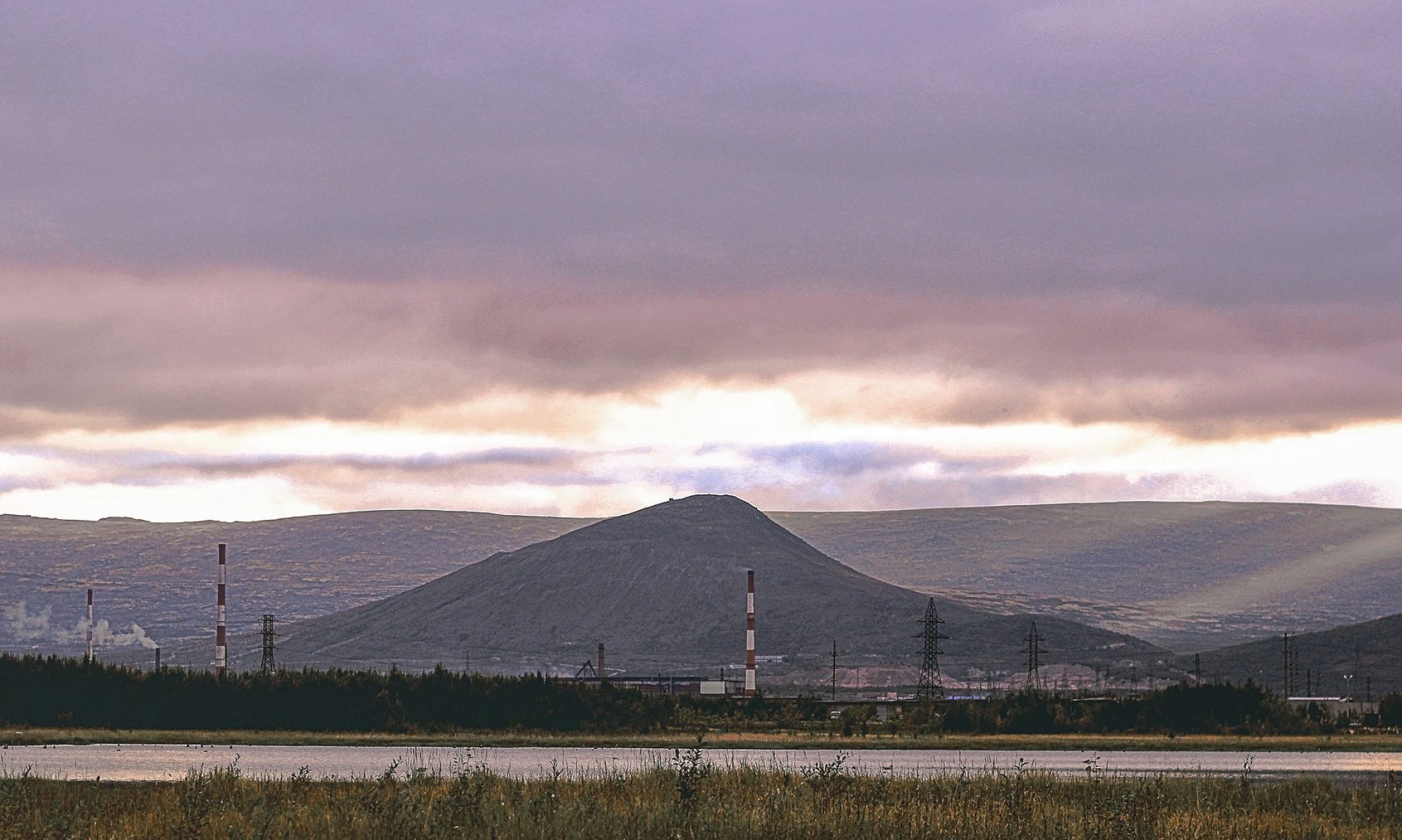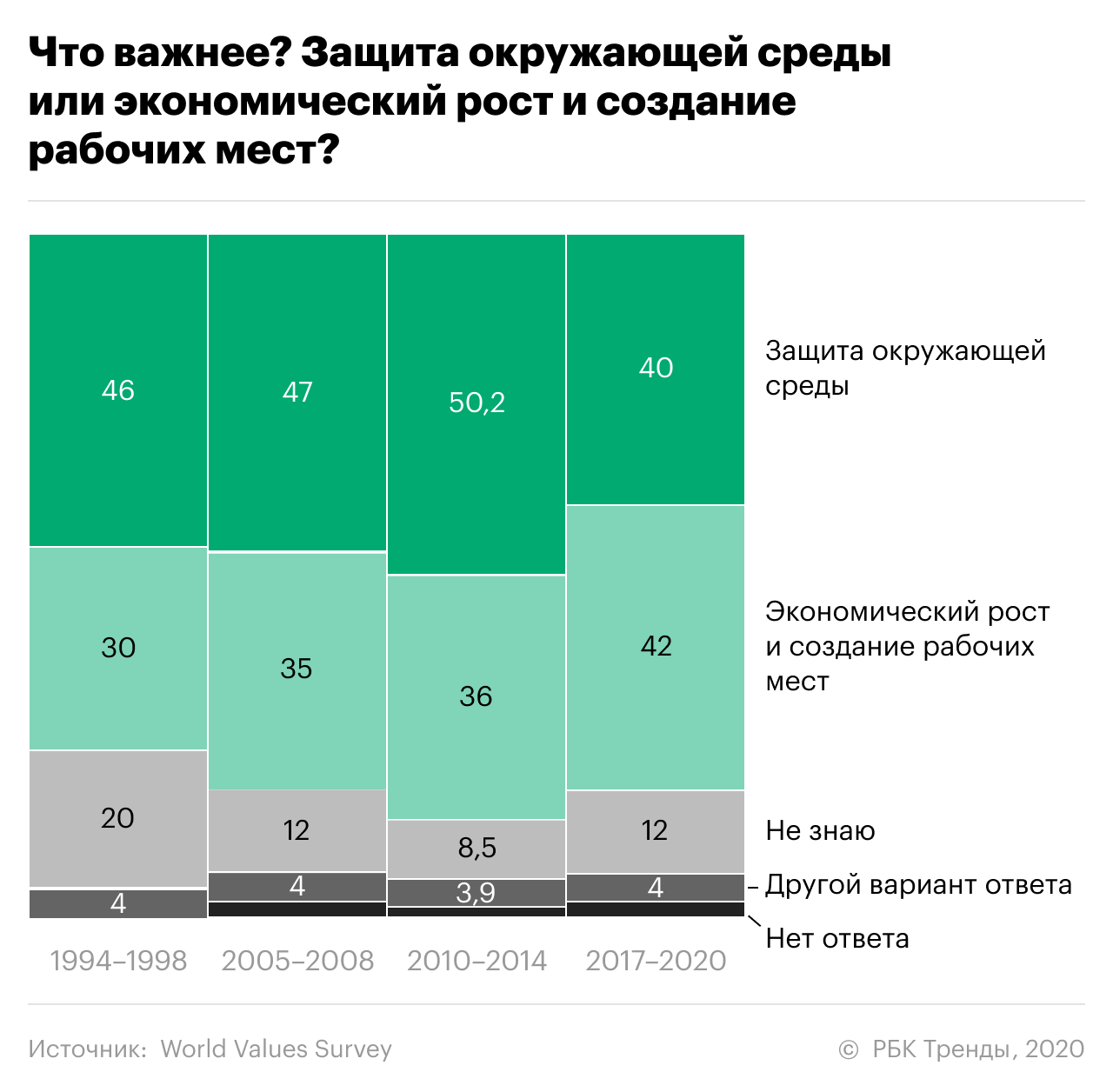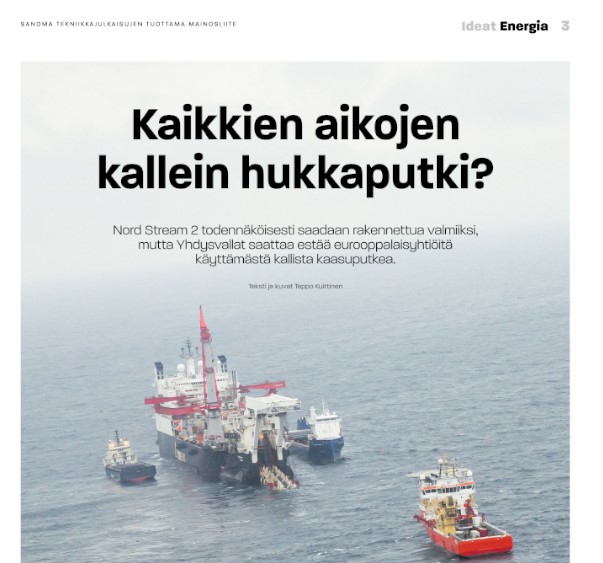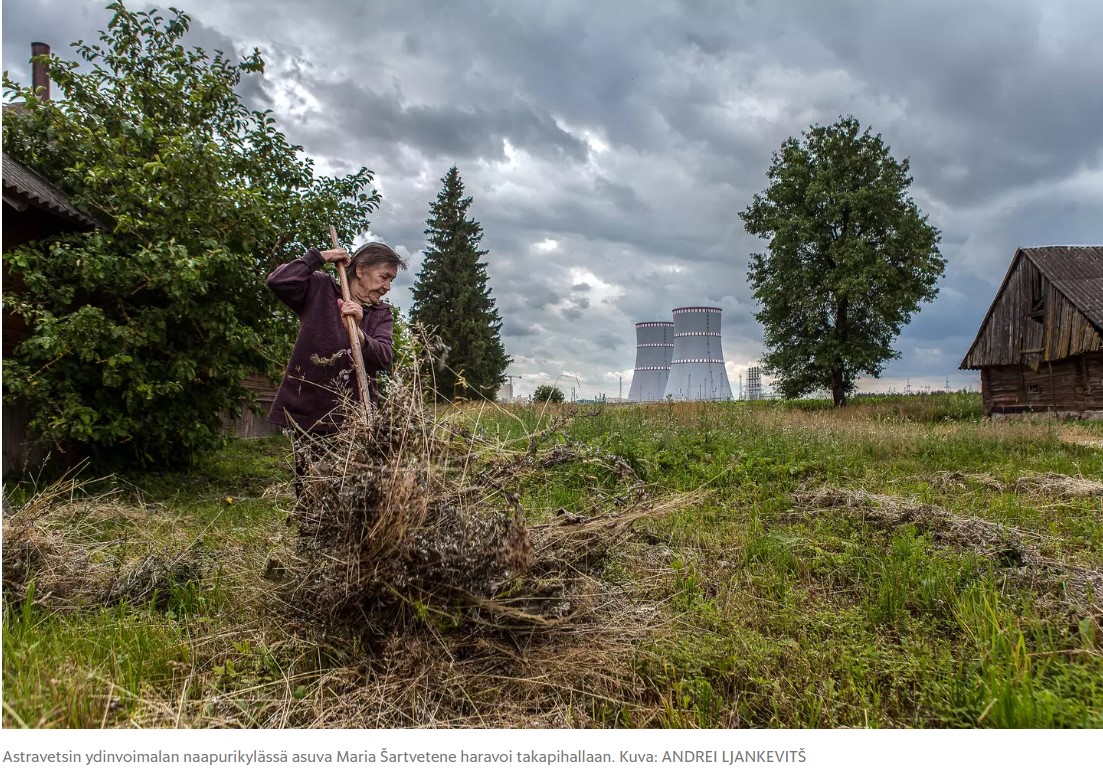Yle published a large article “Helsingin telakan suurtilaus on pienen piirin junailema kauppa – ”brittiläinen” varustamo on telakan venäläisten omistajien pikavauhtia pystyttämä luomus” (Behind the Helsinki Shipyard’s large order stands a small business – a “British” shipping company is a creation set up by the shipyard’s Russian owners at a rapid pace.), unrevelling the corruption behind the shipyard and its owners.
Professor Tynkkynen was interviewed for the article, and he stated that:
– Of course, one starts to ponder whether the orders are related to stealing of money from Russian state budget. There is corruption in every sector in Russia. In areas with significant state strategic interests, the biggest jackpots are usually available.
“In addition to cruise ships, Helsinki Shipyard specializes in making, for example, icebreaking tankers heading to the Northeast Passage, support vessels for oil drilling in the Arctic, and a new generation of icebreakers.
This makes the shipyard important for Russia. According to Tynkkynen, the Arctic is part of the “Russian story” that Putin wants to use to create a picture of Russia as a further expanding superpower.”
The article is available online in both Finnish and Russian.




